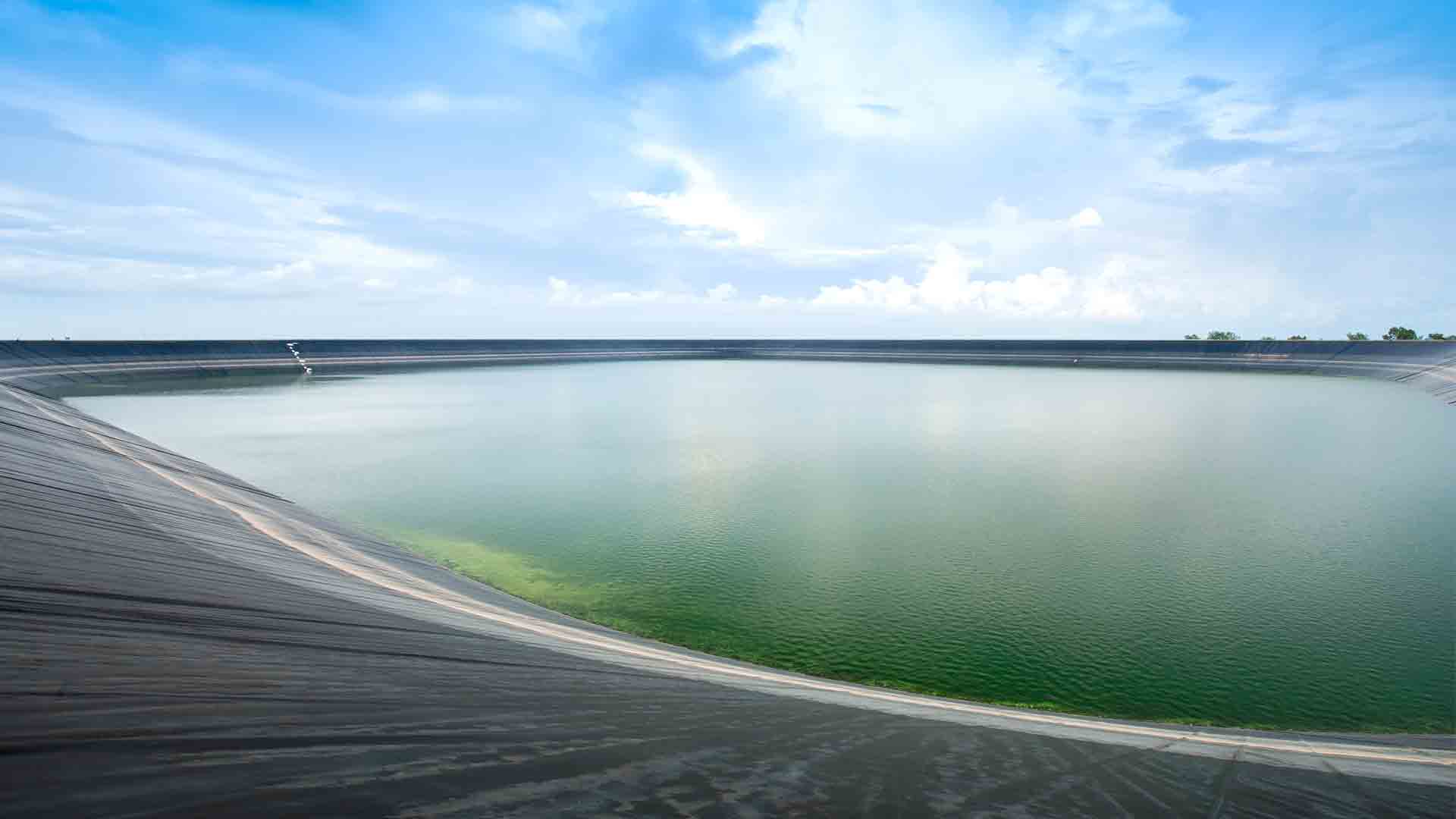- Sectors
- Aerospace & Defense
- Big science
- Fintech
- Insights

Spain’s water resources face important challenges in the coming years. According to data from the Ministry for Ecological Transition, in the coming years, 74% of the Spanish territory is likely to be desertified in arid, semi-arid and dry sub-humid areas.
Due to this situation of water scarcity, experts point out the exploitation of resources, especially in agriculture, as one of the main activities on which urgent action must be taken.
The bulk of water consumption in our country comes from agriculture and livestock farming. This sector, which consumes more than 22,000 cubic hectometers, is responsible for 78% of the country’s consumptive water use.
In this regard, biotechnology and digitization are key aspects for reducing water consumption and water waste in agriculture and thus minimizing its environmental impact.
Conservation of the water we use for irrigation is one of the main aspects we can address to reduce water waste. This water is generally extracted from ponds and one of its main difficulties compared to rivers or reservoirs is that it is stagnant, which increases the growth of algae and makes its use for irrigation unadvisable due to its poor quality.
The surface of the water is covered by algae and does not allow the water to exchange oxygen when it is in the medium, so everything below it rots: this is known as eutrophication of the water.Therefore, using water containing algae or with a poor quality will directly affect the germination and growth of the plant or crop, even causing the production to be lost. In addition, it will also affect waste, poor water management or even clogging of irrigation systems.
Currently, chemicals such as potassium permanganate are used to treat this water for irrigation, even in organic farming, forcing farmers to wait 30 days before being able to use this water on their crops. Therefore, it is important a much more sustainable and profitable water prevention and treatment for the farmer.
A sustainable and innovative alternative that ARQUIMEA is working on are the solutions based on microorganisms. These bacterial assemblies provide the plant with all the nutrients it needs for its well-being without the need to spend energy to obtain them. In this way, the microorganisms make it easier for the plant to take up nutrients and, in turn, release substances similar to plant hormones that promote its growth.
After several tests, researchers from the ARQUIMEA Agrotech area discovered that, by combining the capacity of the microorganisms with a solar filter, and restricting not only the algae’s food but also preventing it from photosynthesis, they were able to eliminate and prevent algae growing in irrigation ponds in a much more efficient way.
And this is how BIO100 was born just a few months ago. This algae static made from 100% natural compounds has the capacity to eliminate and prevent algae growing in irrigation ponds in a sustainable way: preserving water and without damaging crops or agricultural soils.